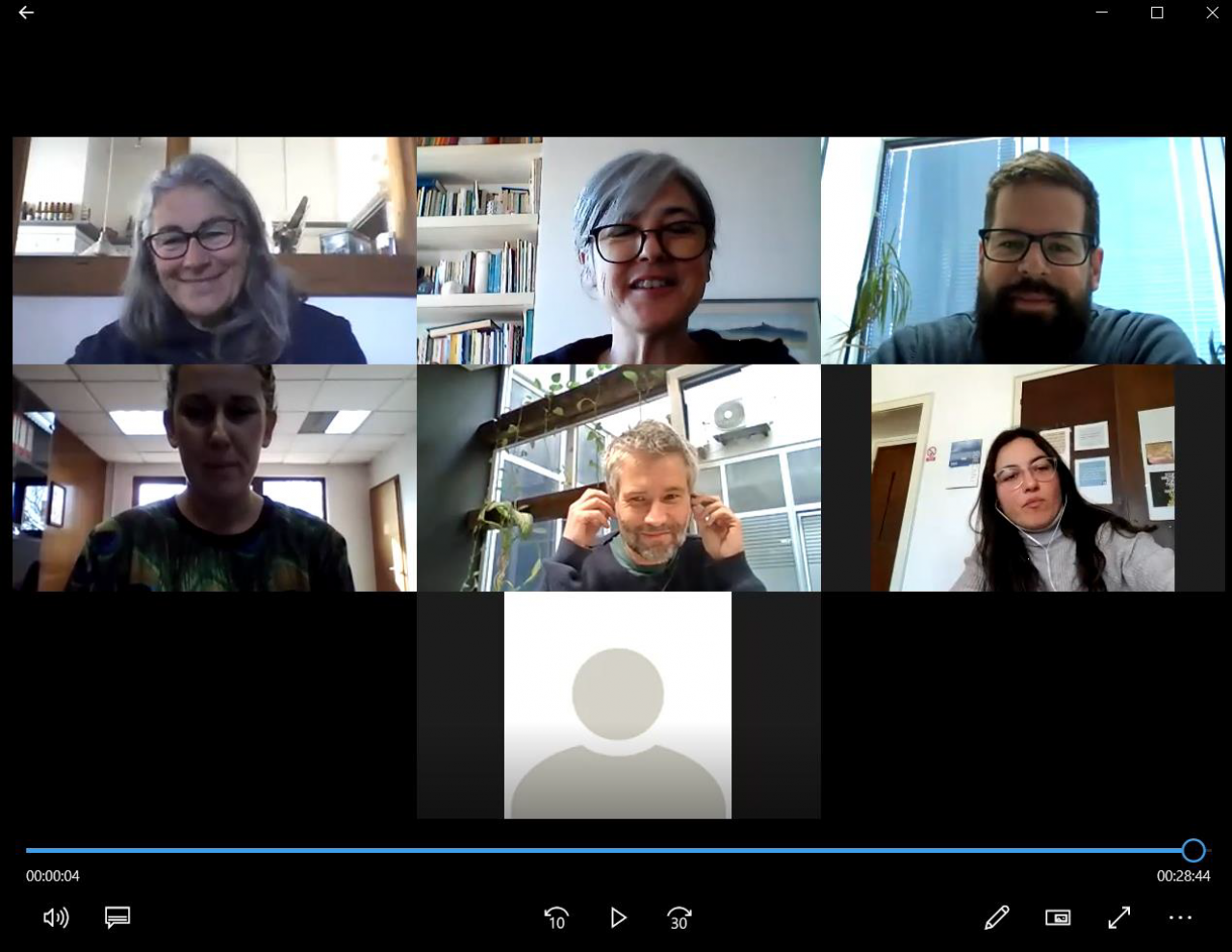
We are all familiar with mid-term reports, evaluation and progress reports, spreadsheets and all relevant tools available to measure results and overall completion of expected activities. There is, however, one aspect that we don’t seem to take into account when preparing all these documents: human perception, in other words “how do partners perceive the project’s implementation and progress?”.
This is the question that URBACT Ad Hoc experts Ms Fiammetta Curcio and Ms Silvia Cioli (respectively Governance and Capacity Building experts) have tried to answer through one-to-one interviews conducted in February with each of the four RU:RBAN Second Wave cities. Ms Curcio and Ms Cioli organized four online meetings with representatives of Alexandroupolis, Algeciras, Carlow and Split to dig into their perception of the Rome good practice, the transfer process methodology, the sharing of know-how and experiences with other cities. Let’s find out their replies!
- How would you describe your experience so far in the transferring process?
All cities coincide in the extremely enriching experience, the usefulness of seeing what other cities are doing or have done is an extraordinary opportunity to acquire knowledge and concepts. Although the perception is that of having little time to prepare the Urban Gardens Regulations and train gardenisers, the methodology approach of the URBACT Program is certainly a very helpful tool implement EU projects.
- What was your impression about the good practice’s urban community gardens?
The trip to Rome was eye-opening, according to the partners from Carlow, as they could see the variety of experiences that can be put into place and the bottom-up approach by the civil society, an aspect not very common not only in the Irish city but in all four partner cities. All partners agreed in how much there is to learn from Rome in terms of engaging citizens from very different backgrounds to create a sense of community. This is the greatest challenge for all four cities.
- What is, in your opinion, the most important added value in the RU:RBAN good practice for your city?
The sentences “It can teach us how we can bring different groups of citizens to collaborate in the same space” and “The establishment of ULGs, a real novelty which shows how citizens and local governments can and should work together, and the setting up of a real dialogue is an extraordinary governance tool” summarise the perception of partners vis-à-vis the Rome good practice.
- What impression did you have when you first read Rome’s Regulation?
For the city of Algeciras, it is a very complete document that can be adapted to all partner cities. Alexandroupolis noticed the first important difference of approach, which is that of making citizens responsible of a public space whereas in the Greek city the citizens expect the local administration to look after every aspect of a public space. So, an enriching and new approach altogether. The city of Carlow had initial difficulties in the comprehension of concepts but the help of the Network expert and Lead expert made it simpler and sensible. Partners from Split highlighted the bottom-up approach clearly embedded in the Regulations.
- What do you think of the project’s philosophy where citizens and city officers work close together?
“It is the only way, a good starting point and extraordinary”, this is the common view of all partners. However, they all coincide on the need to work on this aspect as commitment from citizens and city officers is paramount in order to create an enriching collaboration for all parties involved.
- Do you ever do some gardening? Do you grow something?
While most partners admit to have little to no experience in gardening, with the exception of the partners from SPLIT who are very active in their green activities, they all grew around parents or grandparents who used to have their own orchards. However, they agree that through RU:RBAN they have had the chance to see the benefits of urban gardens in more fields than one, thus making them look at gardening with a totally different perception and from a very different angle.
- Do you think something is growing in your city?
“Yes, dialogue and willingness to do more and better”, “If it wasn’t for RU:RBAN nobody would be speaking of BioAgros (urban garden in Alexandroupolis)”, “There are many greening initiatives now in our city”…these replies reflect the positive impact of RU:RBAN in the four partner cities.
- Any specific worries for the next steps?
Despite the commitment and political will from local authorities, lack of human resources and available public land remain the aspects to be faced in the near future.

